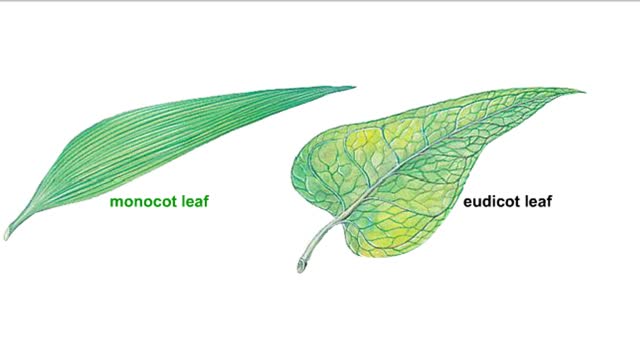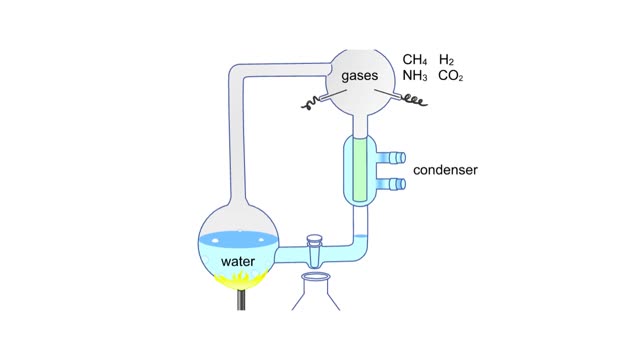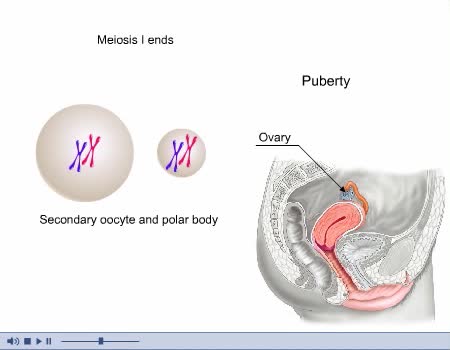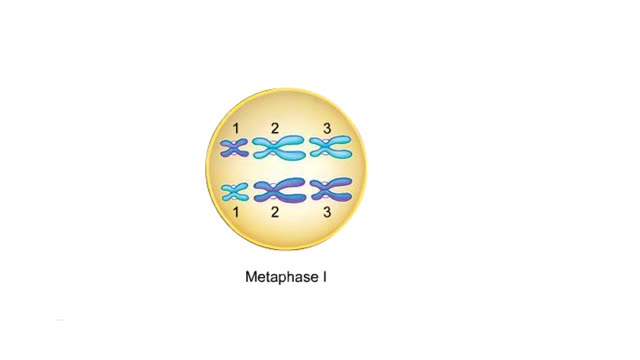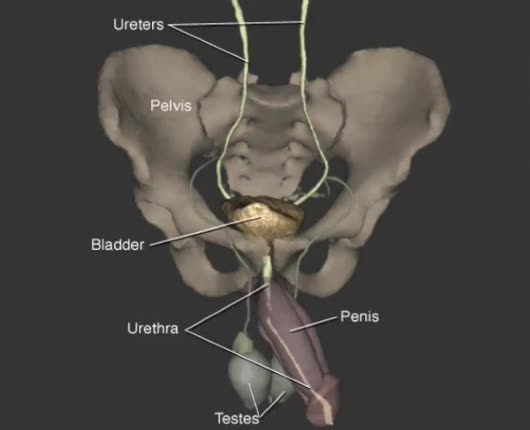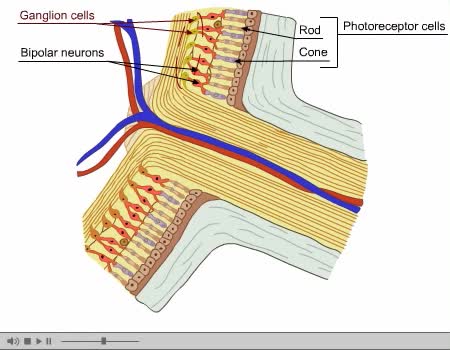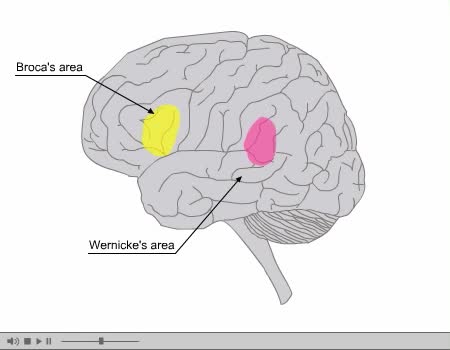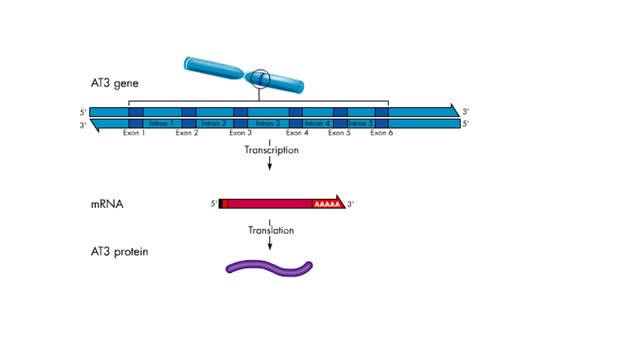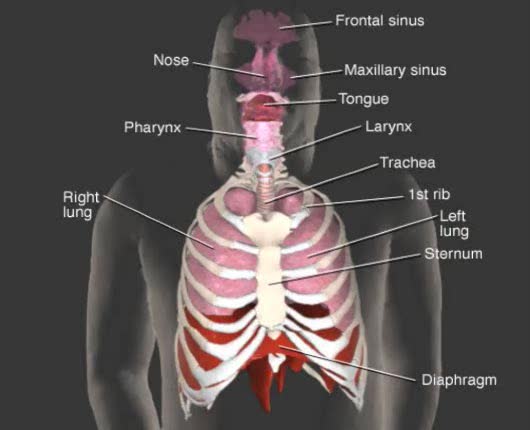Search Results
Results for: 'Photosynthesis - How it works! (Animation)'
How eudicots (true dicots) differ from monocots Animation
By: HWC, Views: 5927
Most flowering plants are either monocots or eudicots. They have the same tissues, but slightly different features. Monocot seeds have a single cotyledon, or seed leaf. Eudicot seeds have two cotyledons. Monocot flowers usually have petals and other floral parts in multiples of three. Flow...
Miller's reaction chamber experiment Animation
By: HWC, Views: 4740
A simple diagram of Stanley Miller and Harold Urey's experimental apparatus. The lower portion of the apparatus was filled with water. The upper portion was filled with a mixture of gases that simulated the earth's early atmosphere. Examples are methane, ammonia, hydrogen and carbon dioxide. ...
By: Administrator, Views: 14224
Located on either side of the uterus, ovaries are almond-shaped organs attached to the uterus by the ovarian ligament and lie close to the fimbriae of the fallopian tubes. The anterior border of each ovary is connected to the posterior layer of the broad ligament by the mesovarium (portion of th...
By: HWC, Views: 9234
This is a cell during metaphase I. For each pair of chromosomes, any gamete produced by this cell could contain either the maternal chromosome or the paternal chromosome. How many different combinations of maternal and paternal chromosomes are possible in the gametes produced by a cell with th...
By: Administrator, Views: 1542
The urinary system: kidneys, ureters, bladder, and urethra with expanded view of a nephron and the urine-filled space within a bladder. Urinary system: two kidneys, two ureters, one bladder, one urethra. Also called the excretory, genitourinary (GU), or urogenital (UG) system. Produces, stor...
Optic Nerve and Optic Disk Animation (Part 2 of 2)
By: Administrator, Views: 14069
The optic disc or optic nerve head is the point of exit for ganglion cell axons leaving the eye. Because there are no rods or cones overlying the optic disc, it corresponds to a small blind spot in each eye. The ganglion cell axons form the optic nerve after they leave the eye. The optic disc ...
By: Administrator, Views: 14215
Specific language areas of the brain. Many cortical (and non-cortical!) regions are involved in language processing. The primary language pathway begins in Wernicke’s area (posterior temporal lobe), which receives information from the auditory and visual cortices and assigns meaning (= lang...
Transcription - Introns and exons
By: HWC, Views: 8063
In most eukaryotic genes, coding regions (exons) are interrupted by noncoding regions (introns). Exon - RNA sequences in the primary transcript that are found in the mRNA. Intron - RNA sequences between exons that are removed by splicing. During transcription, the entire gene is copied ...
By: Administrator, Views: 487
Respiratory system: nose pharynx larynx trachea bronchi lungs Respiratory system’s primary function: Furnish oxygen (O2) for use by individual tissue cells and take away their gaseous waste product, carbon dioxide (CO2), through act of respiration. External respiration Lungs are vent...
Advertisement



